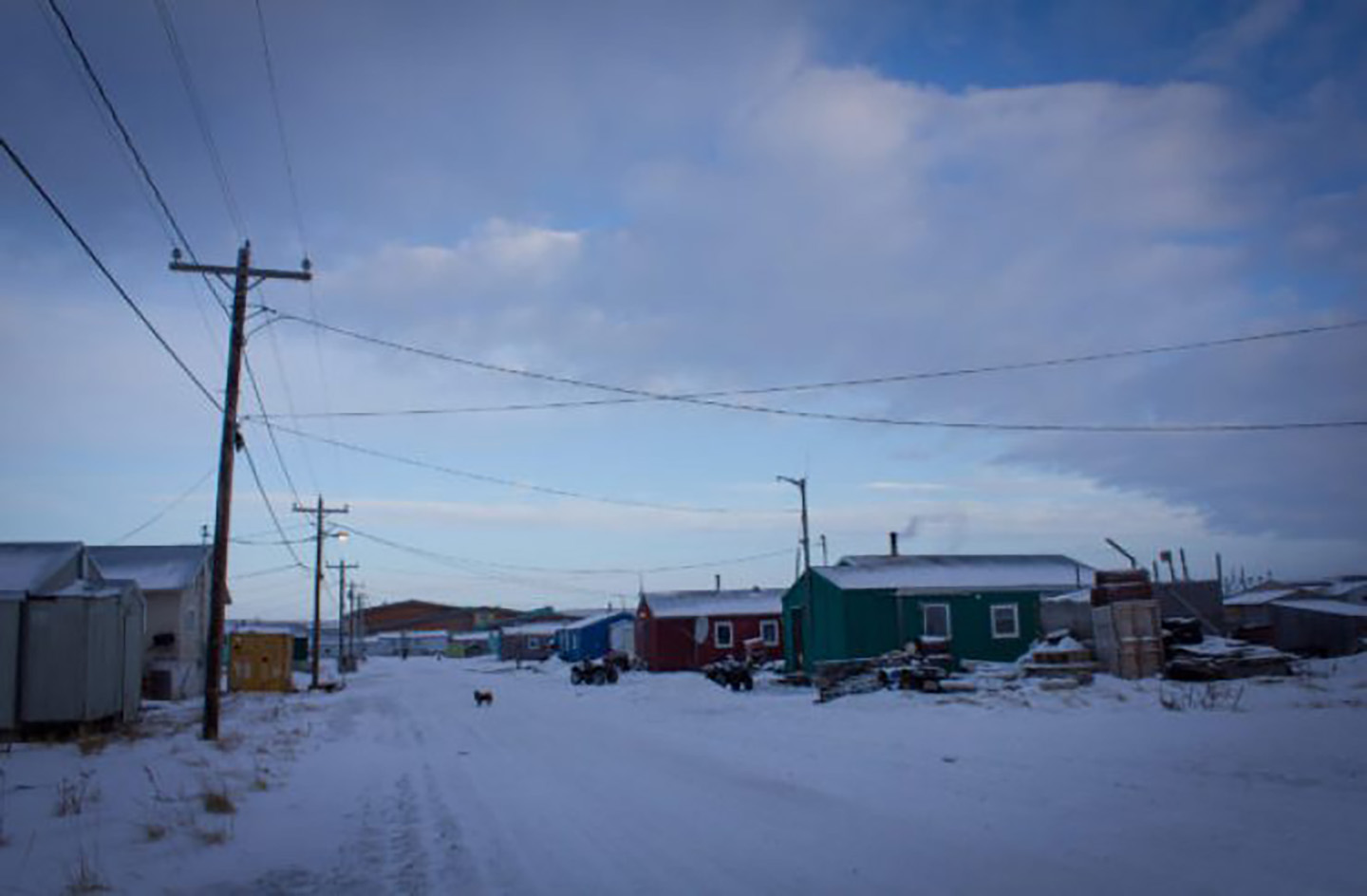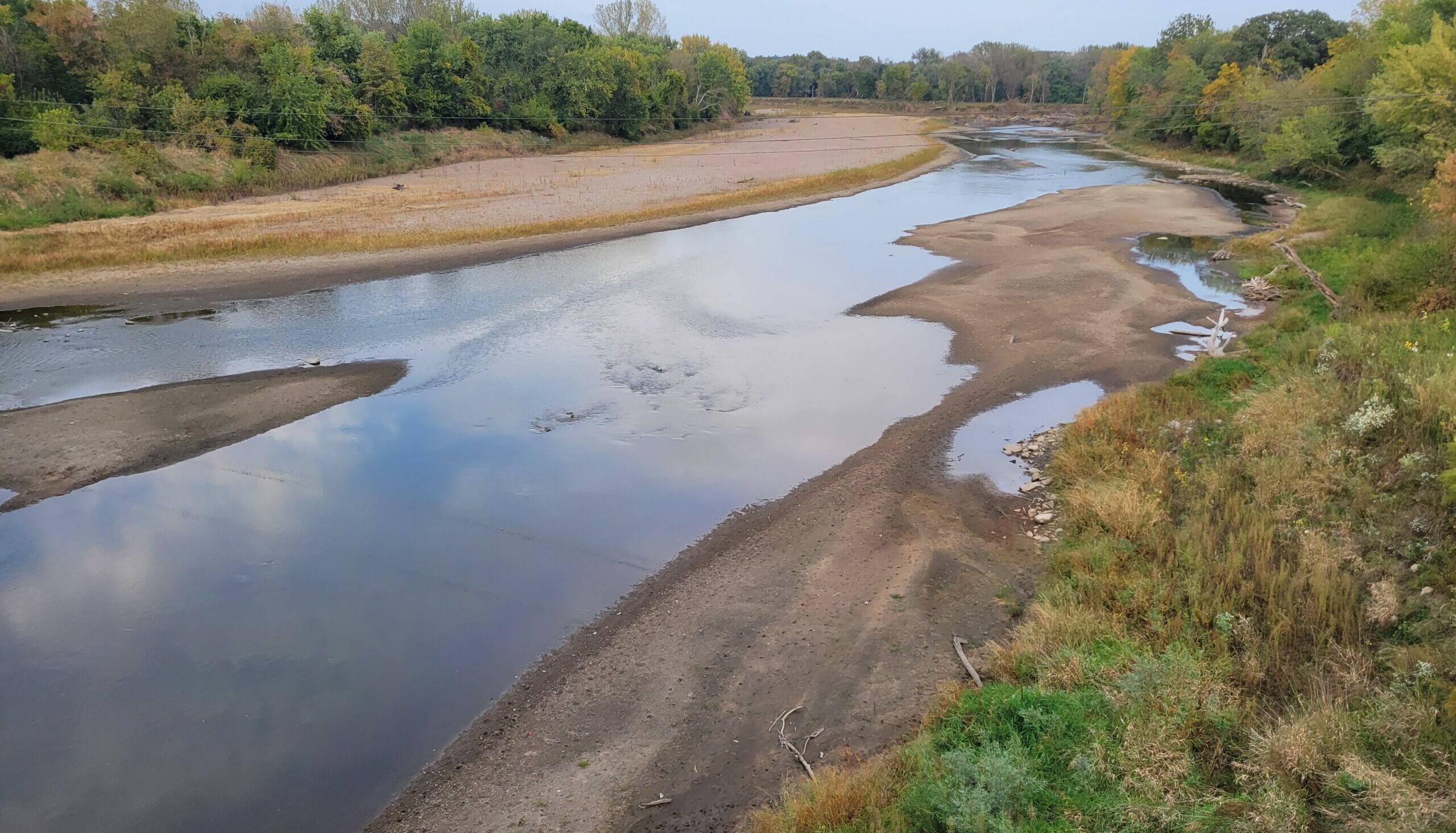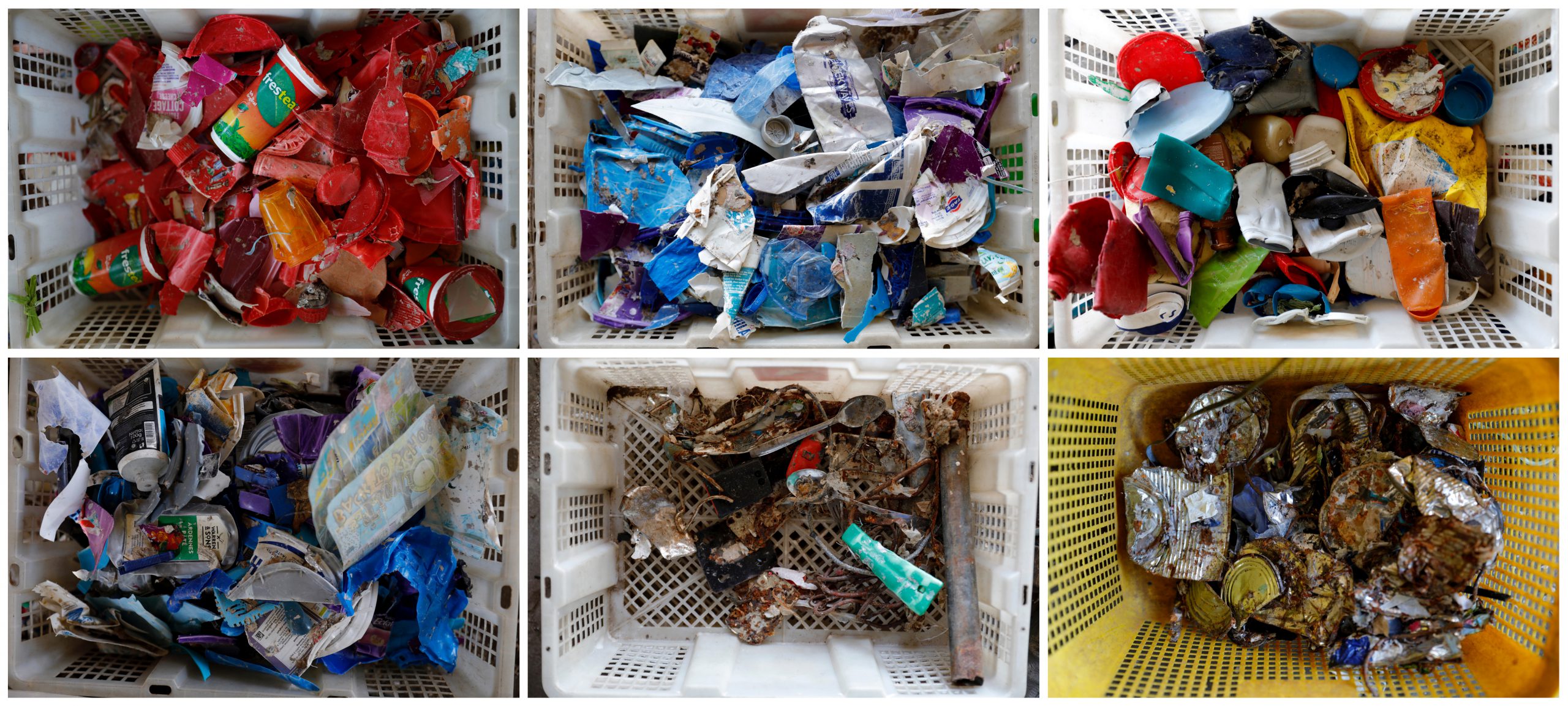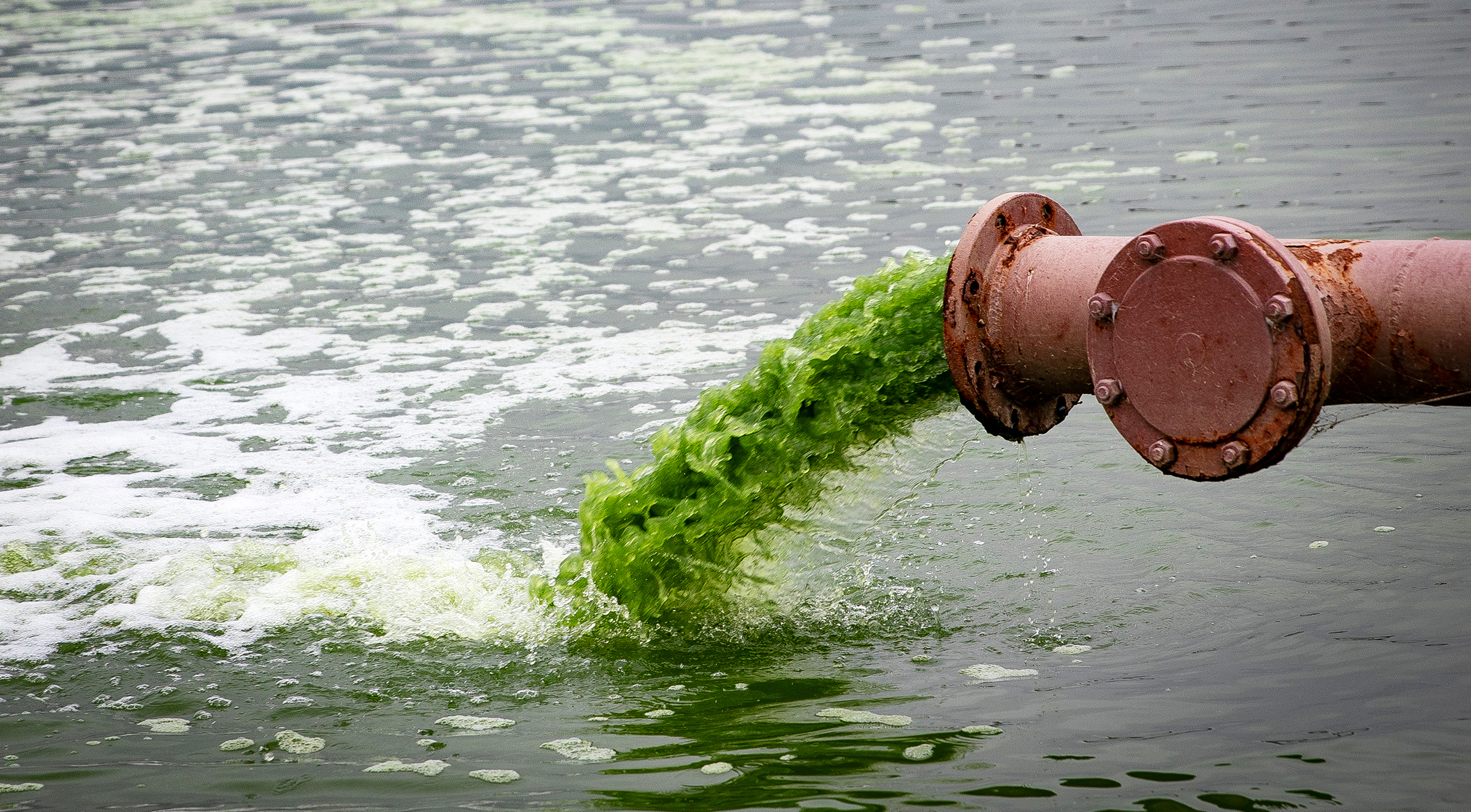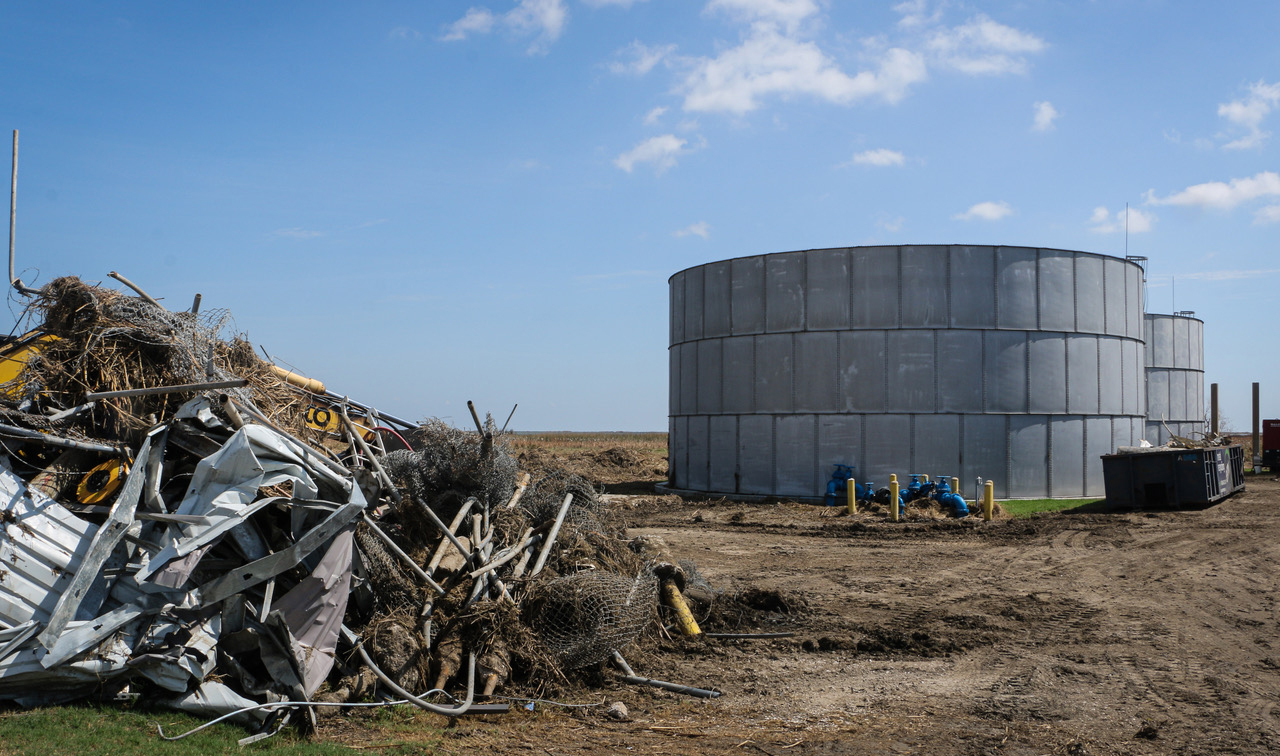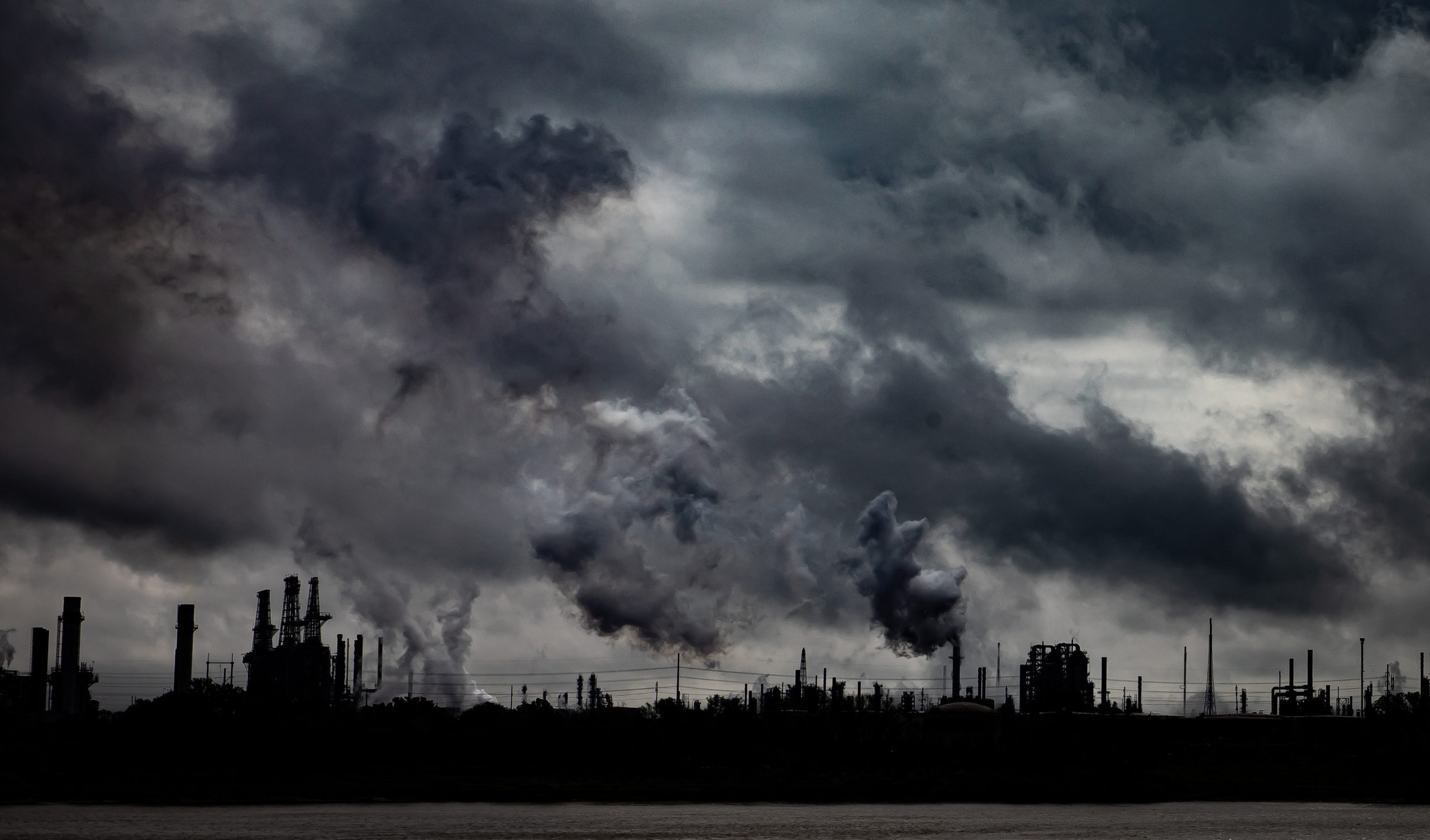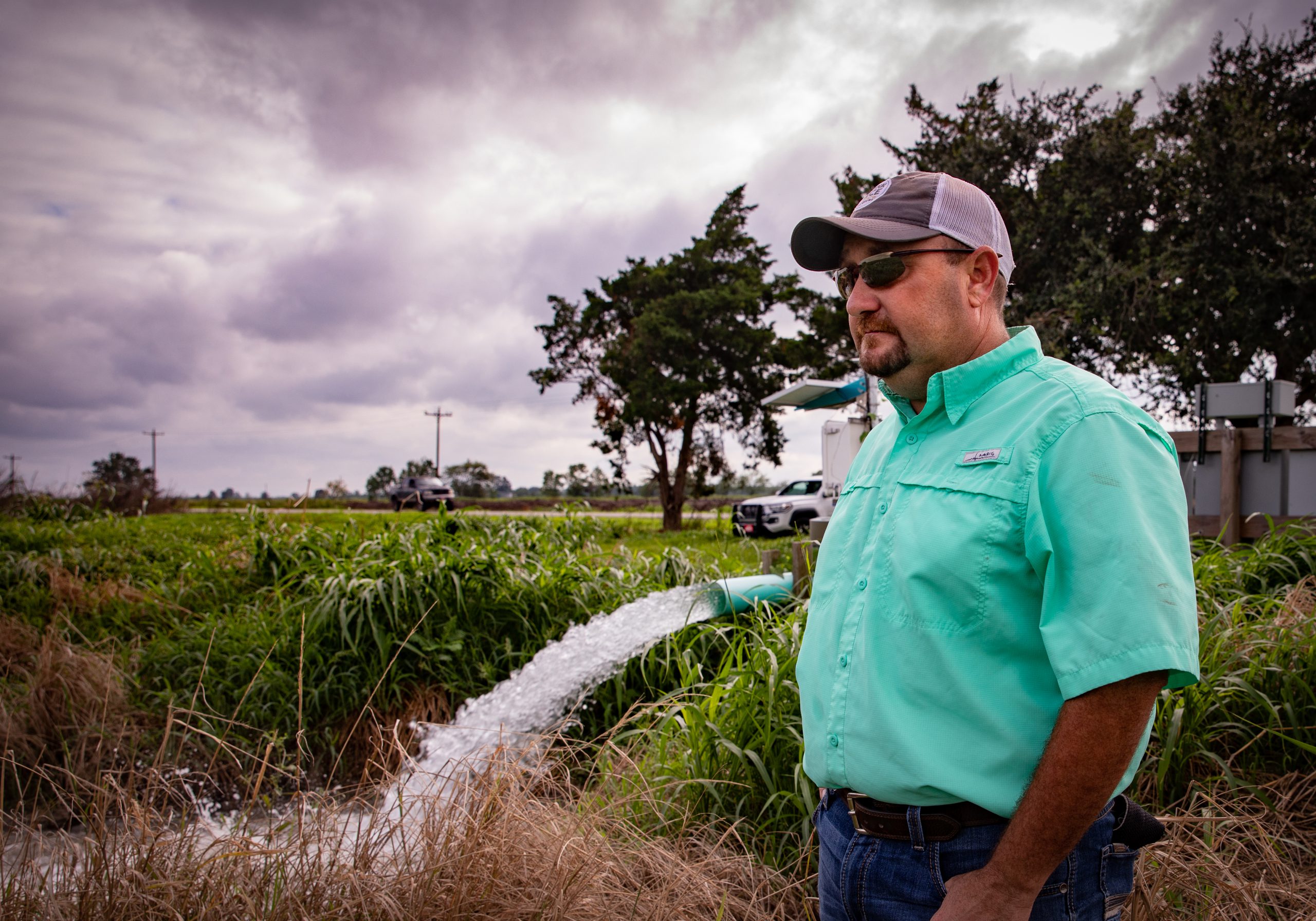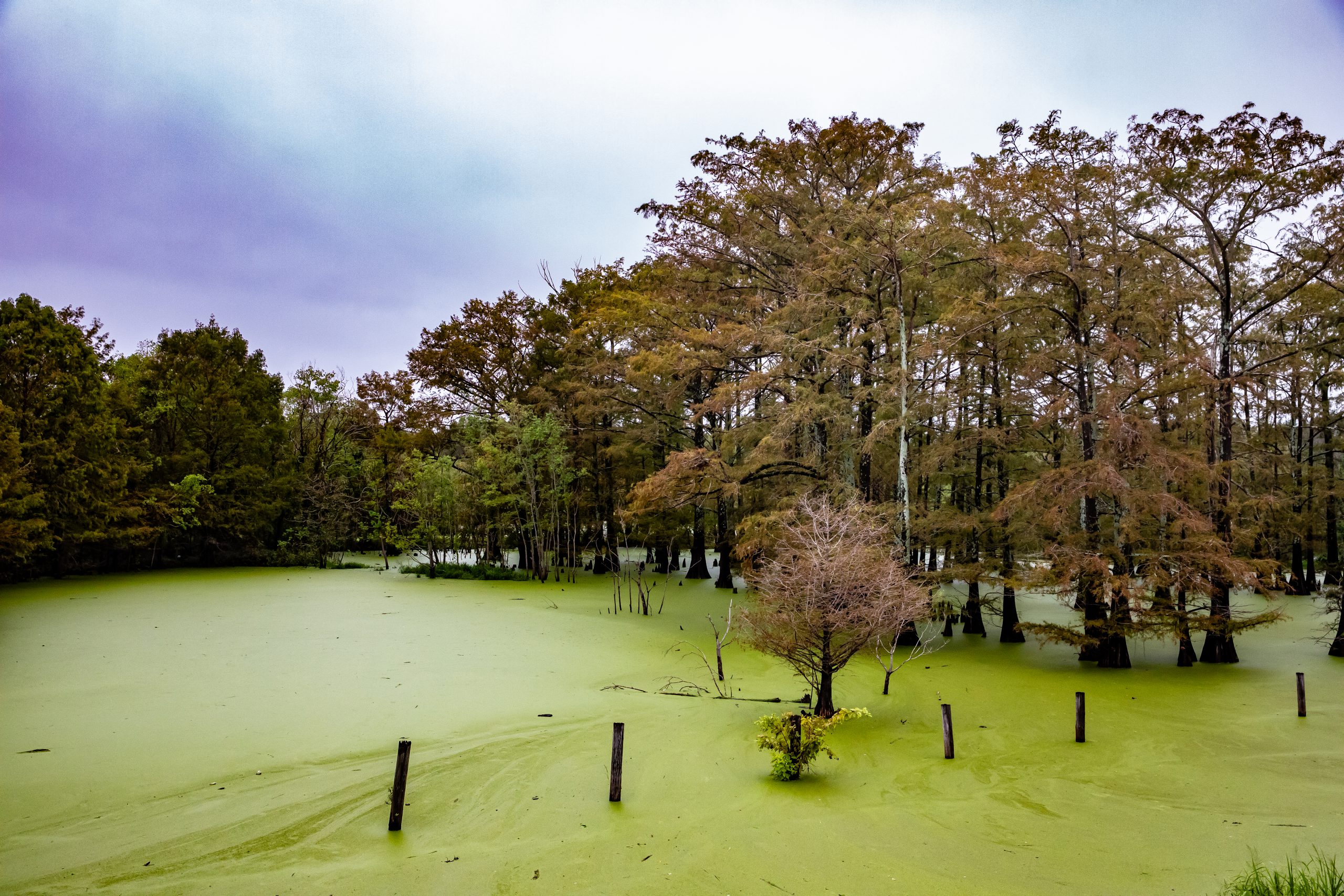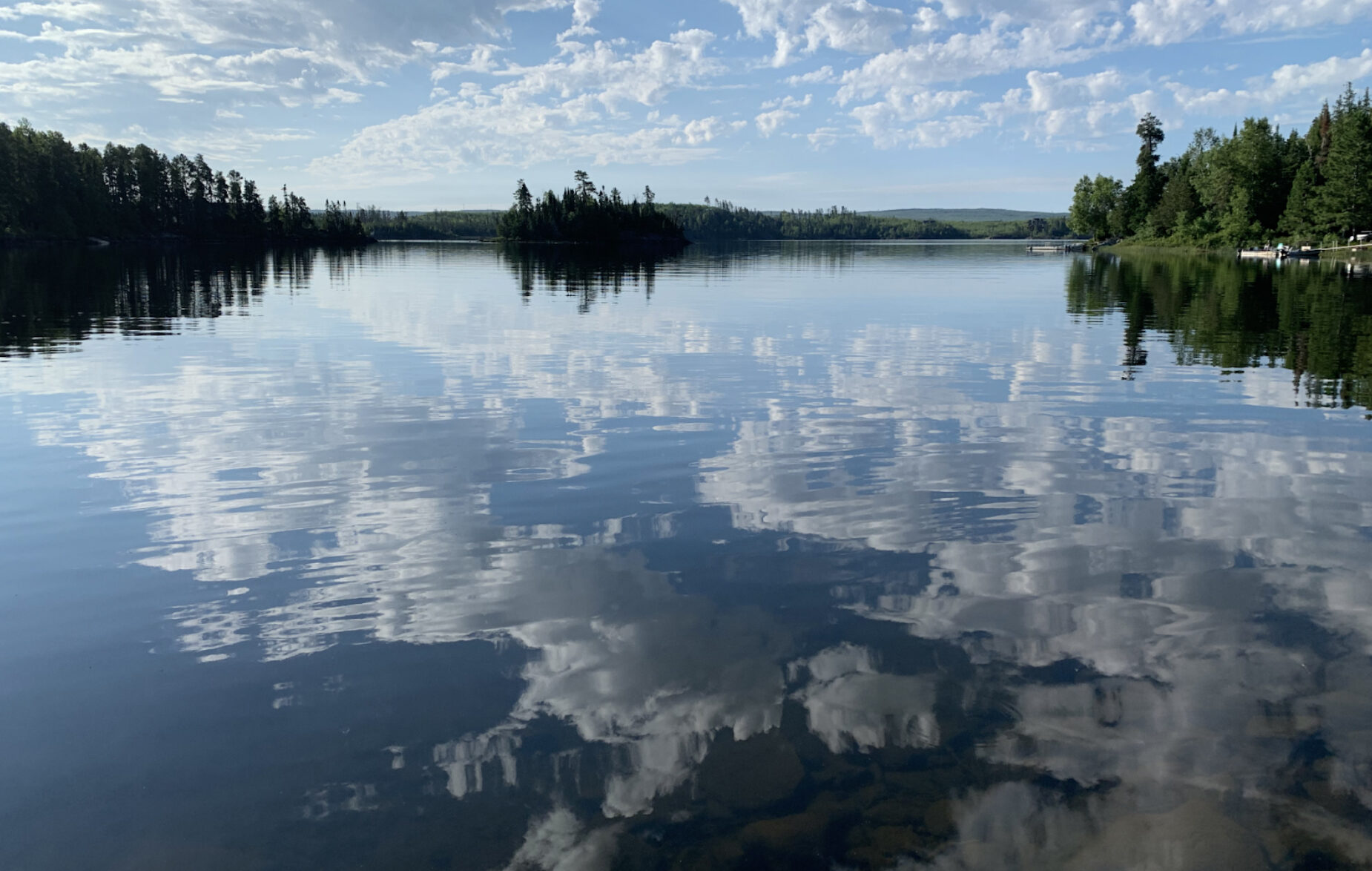
Administration cancels mining leases in Minnesota
The Biden administration banned mining on more than 225,000 acres of federal land near the Boundary Waters Canoe Area Wilderness for the next 20 years, blocking copper-nickel sulfide mining from potentially polluting the interconnected waterways of Northeastern Minnesota. [In July 2022, the Investigative Reporting Workshop produced an in-depth look into two of the proposed mining …
Continue reading “Administration cancels mining leases in Minnesota”

